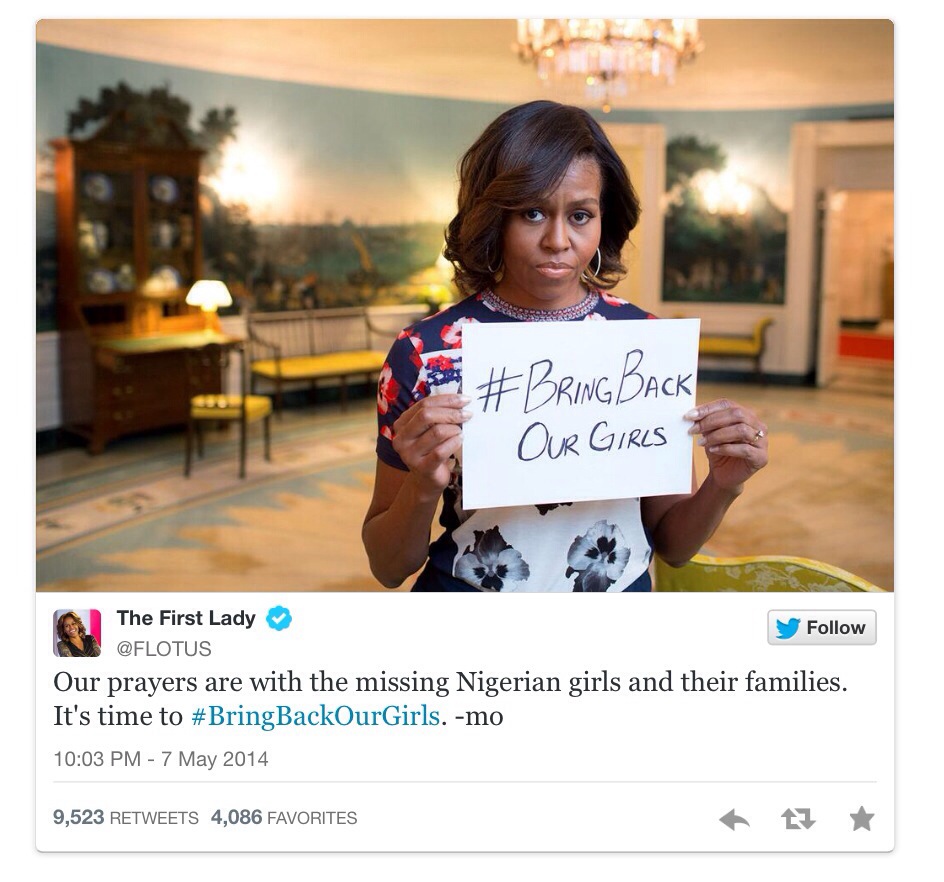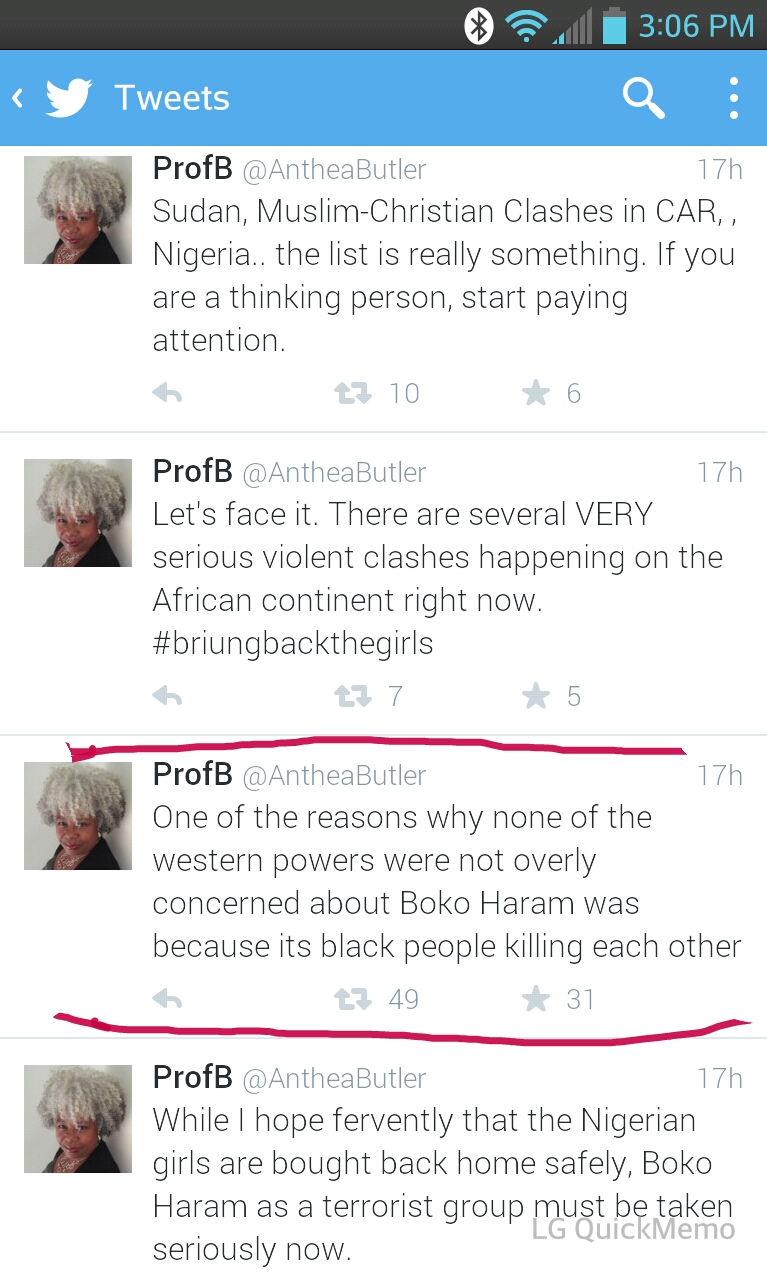During my Fulbright-National Geographic application process (from initial decision to apply to outcome), there were three specific times I seriously thought I would not win. The third was nearly two months after I sent the application in, when my tax refund turned out to be almost the exact amount of money I would need to pay for a short-term study abroad trip as a consolation prize. The second was when I received a confirmation of receipt email from IIE stating that there were 864 applicants for 4 or 5 spots. And the first was the moment I finished the umpteenth draft of my proposal, got it within the page limit and thought, “Oh, no–I didn’t leave room to explain why I think it’s important to study Black people.”
My proposal had to do with African women and women of African descent living on other continents. At the time, my class was reading Langston Hughes’ I Wonder as I Wander–a memoir that covers Hughes’ tour across the U.S. South and adventures in Haiti, Cuba, Russia, China, Mexico, and perhaps another country or two I’m forgetting–and as I compared his account to my application, I had fleeting thoughts like, “Wow, this is so much cooler than what I’ve proposed. I should do something more exotic, more foreign to me. In two years I should be writing a travel memoir based on my time in China, Japan and India, or Bangladesh and France or something. If I study Black people at all, it should be Black expats; I mean, I love Tatiania in Flux; wouldn’t she make a great year of study?”
In other words, I felt the need to justify why I wanted to study us, to save room in my proposal for why we are important in a global sense and why we are important to each other.
Over the past couple of weeks, I’ve seen many tweets, Facebook posts and online petitions from Black women wondering if nearly 300 schoolgirls in Nigeria need the same justification before the world comes to their rescue. “If they were Canadian, American, French, German, Norwegian, British, Italian…” one speculated. She didn’t finish her sentence, but I guess she means that if they were anything but African, there might still be debate about how and whether to intervene, but everyone would care. Or she might have meant, “If this were interracial or international crime,” as Dr. Anthea Butler mused on Twitter recently:
I’m not sure that’s true. While I do agree with Guardian columnist Anne Perkins’ assertion on a recent episode of QÂ that we have become numbed to tragedies in Africa, I also agree with her assessment of the practical reasons why it took Western media three weeks to catch on to the story. Nonetheless, I stand with Minna Salami when she says, “Nigerian girls deserve better than this.” They deserve a military and president that will go after them with organized and armed force like their parents did with bows and arrows–and they deserve this because they’re little girls. They deserve a childhood and an education, not child marriage and sex slavery.
Reluctant as I am to blame the Western world’s response on a lack of empathy based on race, color, or nation, I have to ask myself, “Would I feel this way if the girls were Canadian, French, German, Norwegian, …?” Truth is, probably not. I would feel disgusted and enraged at the human trafficking, but would I have signed a petition demanding the U.S. State Department take action? I’m not sure. Just as some numb to Africa’s misery, I get tired of news coverage and rescue missions for attractive white women and girls as black families use Facebook and Twitter to find their lost loved ones. (Ironically, the #bringbackourgirls hashtag is what got the Media’s attention.) So maybe a somewhat universal inability to empathize with people who don’t look like us was behind the slow response.
Whatever the reasons, this post is my late contribution to girls and families who have been shattered by an unimaginable act of violence, and who happen to look like me.
And no, I didn’t get the Fulbright.



Africa is complicated. Steeped in a strangeness that was there long before white men. I hear African Americans say ALL the time- “U.S. should mind their business-stay out of of other countries business.” The U.S. has a sex slave problem of it’s own. the WORLD has a sex slave problem. I don”t think everything is about race. Africa seems so divided, amongst themselves. I read recently that even HERE in these United States, that African women perform illegal circumcisions on girls. Life is strange. Making it about race, and not acknowledging that Africa is also steeped in tradition, paganism and a host of other things, African Americans cannot understand, may not help. Africa has to RISE up and handle it’s OWN business. If they have to keep running back to the same people that oppressed them for help
“If they were Canadian, American, French, German, Norwegian, British, Italian…†These countries would RISE up and HANDLE their OWN business. Africa has to do the same.